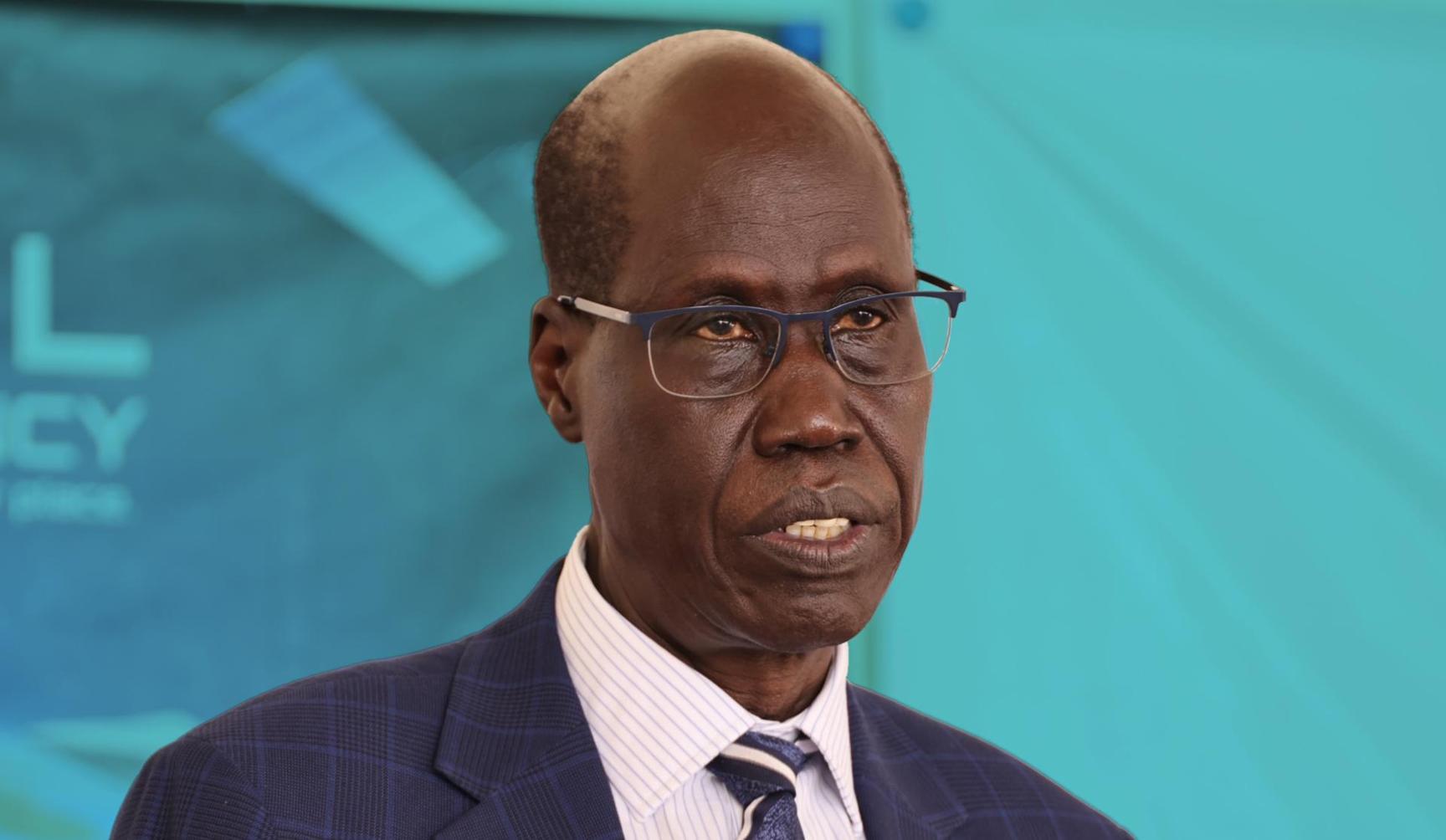Africa-Press – South-Sudan. The Project Director of the Mayardit Academy for Space Science said his vision was initially met with mockery, but he has since watched public opinion shift in favor of the initiative.
Speaking at the launch of the space science centre on Wednesday, September 10, Professor John Akech stated that with public opinion shifting drastically, South Sudan is slowly joining the ranks of African nations with a space program.
In December 2022, Professor Akech presented a concept note to the University of Juba, proposing the establishment of the Mayardit Academy for Space Science.
The academy was named in honor of South Sudan’s first president and was intended to respond to a regional trend where over 20 African countries have launched their own space programs.
At the time, the idea was dismissed, but Akech’s conviction was rooted in a practical purpose far beyond astronauts or moon landings.
He envisioned a space program focused on solving real-world problems. By using satellites, he explained, South Sudan could improve weather forecasting, monitor natural resources, and better manage disasters like floods.
Akech pointed out that while data from these events already exists, the country doesn’t own it or know how to access it.
The academy’s core mission, he stated, is to leverage space for “human needs, for development, for agriculture, water, fighting famine, and so many other things.”
Beyond its practical applications, a key objective of the academy is to inspire a new generation of scientists. “Space is very interesting,” Professor Akech said.
“We expect them to see that and say, science is cool and interesting.” By using space as a hook, the academy aims to encourage young people to pursue careers in Science, Technology, Engineering, and Mathematics (STEM) fields that are critical for national development.
Akech also noted a specific goal to increase the number of women in science-based fields at the University of Juba, where they are currently the minority.
The project is now a reality, bolstered by key partnerships. Professor Akech credited the government of Israel for its foundational support and a visiting Israeli space expert who inspired a critical shift in the academy’s approach: bringing space education to primary and secondary schools.
The program, managed by STEM Power, will provide kits to schools to get young people excited about physics, mathematics, and robotics.
“I can say, South Sudan has joined the space countries in Africa,” Professor Akech concluded, marking a proud moment for a vision that overcame doubt to bring a new realm of possibility to the nation.
For More News And Analysis About South-Sudan Follow Africa-Press






